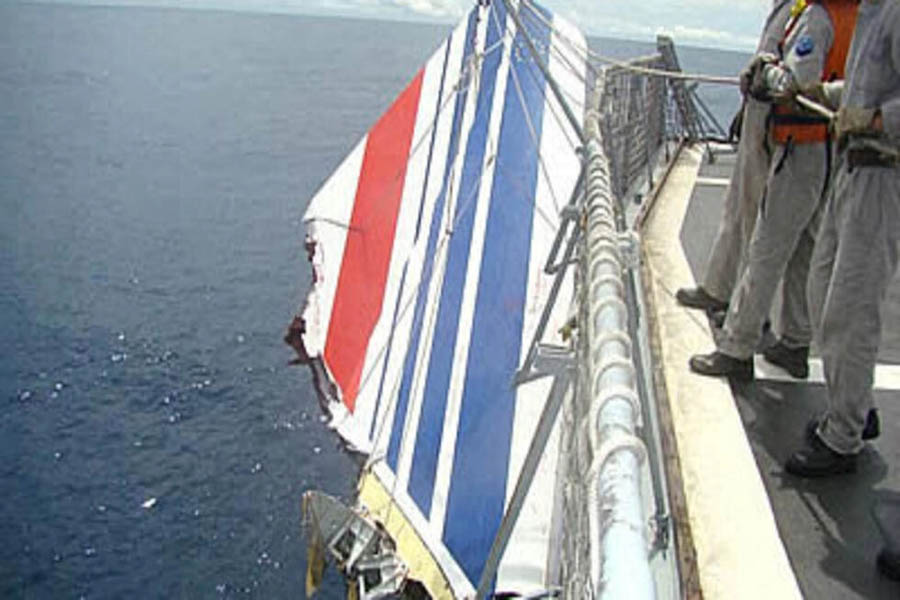Airbus, Air France acquitted of manslaughter charges in trial over 2009 Rio-Paris crash

A French court on Monday acquitted Air France and plane manufacturer Airbus in a trial over the 2009 crash of a Rio-Paris flight that killed 228 people.
The court said that even if “errors” had been committed, “no certain link of causality” between those shortcomings and the accident “could be proven”.
The two France-based companies went on trial in October to determine their responsibility for the worst aviation disaster in Air France’s history, which killed 216 passengers and 12 crew members.
The two aviation giants had been charged with involuntary manslaughter in the trial that ran to December but denied the charges.
As the verdict was read out, relatives of the victims present in court stood up, appearing stunned, then sat down again.
The hearings in Paris centred on the role of defective so-called Pitot tubes, which are used to measure the flight speed of aircraft.
The court heard how a malfunction with the tubes, which became blocked with ice crystals during a mid-Atlantic storm, caused alarms to sound in the cockpit of the Airbus A330 and the autopilot system to switch off.
Technical experts highlighted how, after the instrument failure, the pilots put the plane into a climb that caused the aircraft to lose upward lift from the air moving under its wings, thus losing altitude.
Air France and Airbus have blamed pilot error as the main cause for the crash.
But lawyers for the families have argued that both companies were aware of the Pitot tube problem before the crash, and that the pilots were not trained to deal with such a high-altitude emergency.
The court said Airbus committed “four acts of imprudence or negligence”, including not replacing certain models of the Pitot tubes that seemed to freeze more often on its A330-A340 fleet, and “withholding information” from flight operators.
It said Air France had committed two “acts of imprudence” in the way it disseminated an information note on the faulty tubes to its pilots.
But there was not a strong enough causal link between these failings and the accident to show an offence had been committed.
(AFP)
















